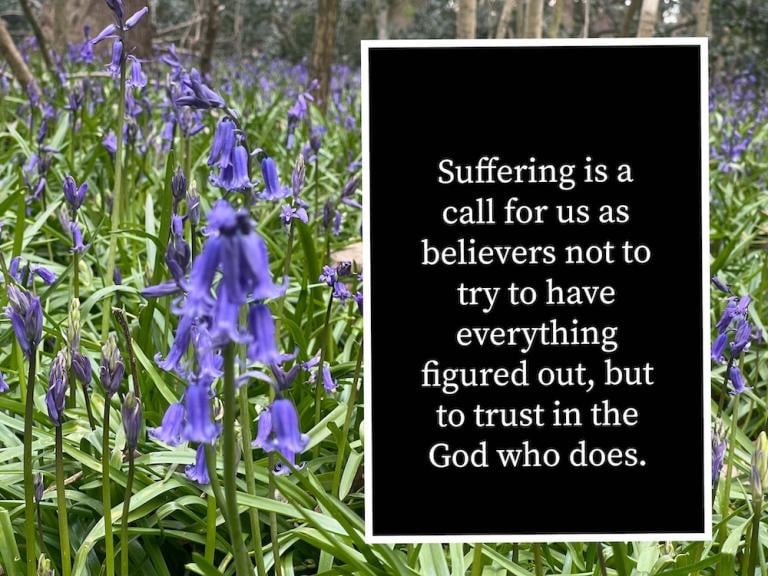In light of the terrible tragedy of the suicide of Matthew Warren, I am writing about a series of questions many Christian families and groups of friends will be discussing. The first post asked “Can a Christian get depression?” Today I ask two related questions, “What are mental illnesses and disorders?” and “What effects do they have?”
Mental illnesses and disorders are incredibly common. If your church is not grappling with the issues mental illnesses and disorders raise, it means either that your those who are struggling feel they cannot join, or that in your culture people do not feel permission to be honest enough to share. I suspect that the first issue can be a problem, particularly in churches deliberately aiming to go after a certain demographic group. What is probably more likely to be the case, however, is that there are people who are suffering with mental illnesses or disorders in your church family that do not feel able to talk to you about it.
I think it is very important for every church leader, or rather, every church member to feel comfortable with the concept of what a mental illness is, and confident about speaking with people about mental illnesses.
People with mental illnesses or disorders essentially fall into two broad groups. The first group is those who are able to function in society. They have jobs, get married, become pastors. But unbeknown to those that don’t know them well, their mental illness or disorder may cause them great pain. Although they may be able to hide it from most of their friends, family, and workmates, do not be under any illusions, for many, their secret suffering is not insignificant. In many cases mental illnesses are episodic. Thus, someone who may actually be free of all symptoms for years may suddenly become severely unwell. This can be quite a shock for those around them. Some people in this group will actually be extremely high functioning, and in fact many of those who make a big difference in our Society also suffer from mental illness.
The second broad group of people with mental illnesses or disorders are quite simply among the most socially disadvantaged people in most societies today. These people are more likely to end up homeless and living on the streets, they usually find it impossible to hold down a job, they experience social rejection, they will often have few friends or family who look out for them, and as a result are often very lonely.
They also find themselves in prison far more than the rest of the population, often for minor crimes. In some societies, Asylums are built to house these people. They have a dual function: keep people separate who society does not want to see, and provide an environment where they can live, and in many cases work. Unfortunately the Asylums have been associated with many abuses. In most so-called “developed” countries these Asylums have been closed with the aim of abolishing the harsh treatment, integrating back into society, and saving money. Sadly, none of these aims have been fully achieved. The fewer beds a country has in Psychiatric hospitals, the more prison beds will be required (an inverse relationship). This is called Penrose’s law. Intriguingly this relationship does not seem to be as simple as that those who would otherwise be cared for in a psychiatric institution cause all the additional crime. A Society that fails to care for it’s most vulnerable is a sick Society.
Psychiatric illnesses are usually distinguished by psychiatrists from psychiatric disorders. The disorders are developmental, and pervasive. They will cause differences that are noticeable in children. These disorders can be considered as extreme variations of normality.
Thus, for example, the whole population varies in our intellectual capacity, those at the extreme lower end of that, and have a severely reduced IQ are termed as having a General Learning Disability. Patients whose cognitive function is significantly impaired will struggle to live independently. Some will have a specific genetic abnormality such as that behind Down Syndrome. Abortion actively seeks to eliminate the presence of people with these genetic abnormalities. Christians must demonstrate love towards them, and that they have immense value. Every intellectually disabled person is as much the bearer of God’s image as those that Society values more highly.
Specific learning disorders also exist, where children develop more slowly in certain areas. In some cases as the child grows older they will “catch up” with their peers. In others, the delay will continue into adulthood and still cause them problems. Examples of specific learning disorders include
- Difficulties in reading and processing information: Dyslexia
- Difficulties in reading social situations, and forging relationships (among other complex difficulties): Autism, Aspergers, Autistic Spectrum Disorders.
- Difficulties in concentrating and sitting still: ADHD
Psychiatric illnesses are discrete conditions that have a specific time of onset. They are, however, often associated with subtle learning difficulties that precede their onset. These illnesses are illnesses of our emotions and thinking. Some symptoms are merely extreme versions of normal thoughts or feelings. We all get low in mood at times, depression is an extreme version of that. We all experience worry, anxiety disorders are when that becomes pervasive. Other symptoms are very unusual and hard for people to relate to, these would include bizarre ideas (delusions) and hallucinations. This post has grown longer than I intended, so I will speak more about specific psychiatric illnesses in the next article in this series, although I will link to some articles written by others first.
NEXT TIME:- How can I recognize a possible mental illness?













 Is good old fashioned pastoral care in danger of dying out?.
Is good old fashioned pastoral care in danger of dying out?.









